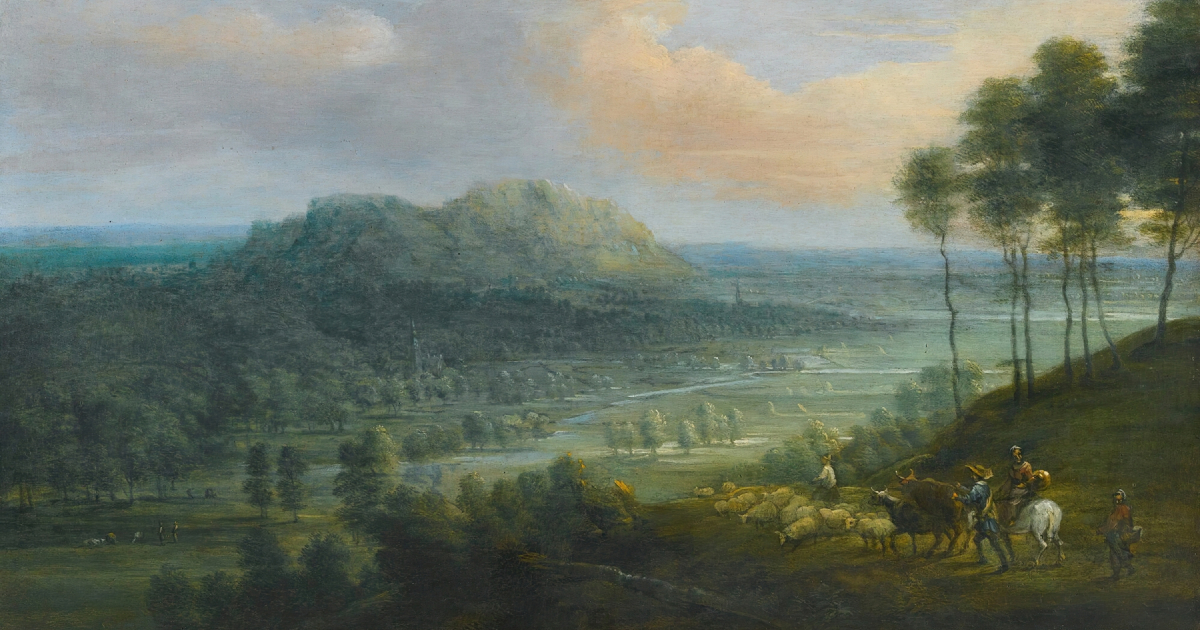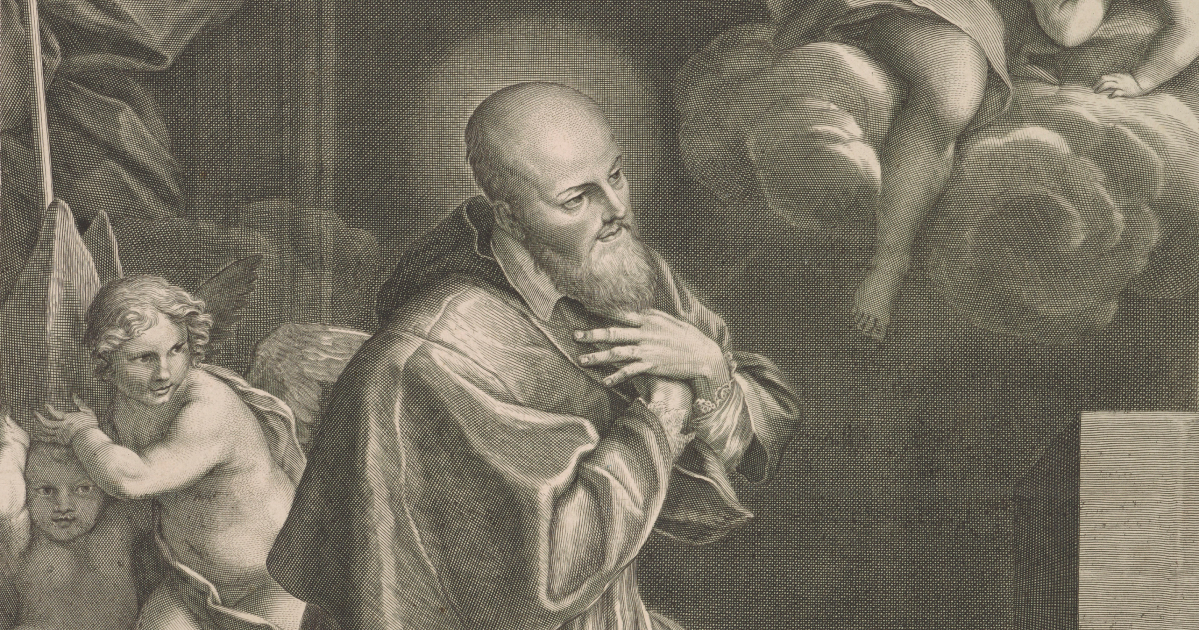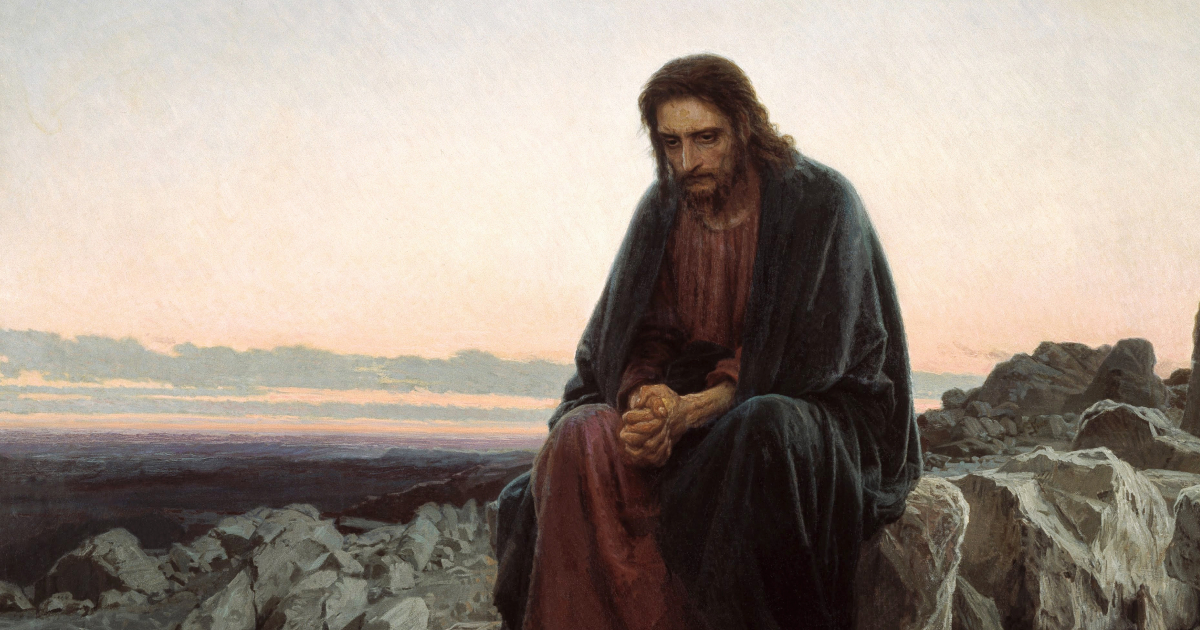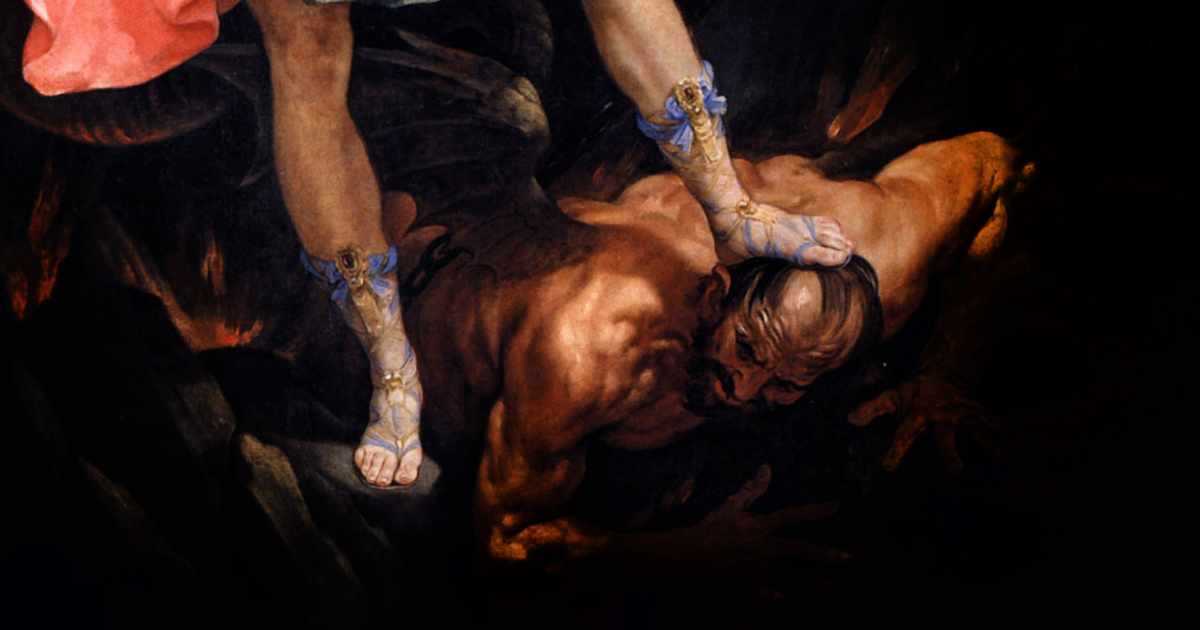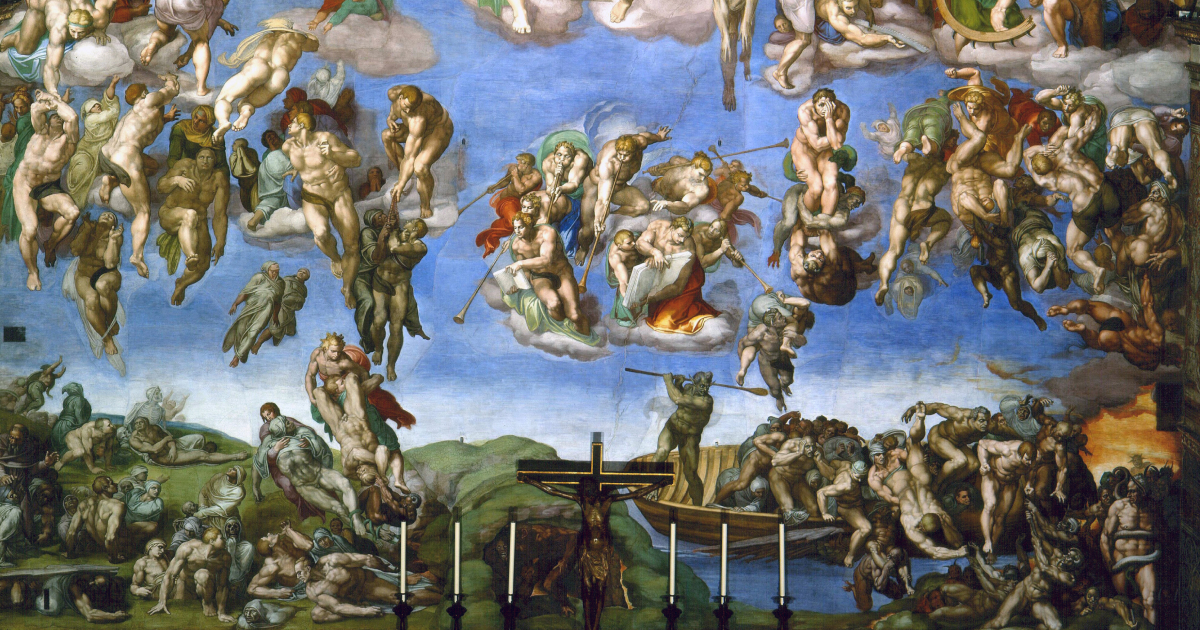Bishop David Waller, the Ordinary of the Personal Ordinariate of Our Lady of Walsingham, has told The Catholic Herald that the appointment of a new Archbishop of Canterbury changes little in the relationship between the Church of England and the Catholic Church.
“In many respects this appointment changes very little: the Church of England already ordains women as bishops; it has a generally liberal theology and contains deep divisions within itself,” Bishop Waller said in an exclusive statement. “However, whilst the appointment changes little, it brings certain factors into greater focus and makes it harder for those within who are unhappy to ignore the situation in which they live.”
He added that although the new Archbishop will be received warmly by Catholics, the development does not advance the cause of unity. “The Catholic Church welcomes the new Archbishop and will seek warm relations in bearing witness to Christ – but those warm relationships, whilst real and genuine, are no longer indicative of a journey towards corporate unity,” he said. “If the new Archbishop had been a man, we would still be in the same situation.”
Bishop Waller referred to remarks by Cardinal Walter Kasper at the 2008 Lambeth Conference, where the German cardinal praised Anglican–Catholic dialogue through the Anglican–Roman Catholic International Commission but warned that the ordination of women to the episcopate marked “a turning away from the common position of all churches of the first millennium.” Cardinal Kasper said such a move placed Anglicanism “considerably closer to the side of the Protestant churches of the 16th century” and would “effectively and definitively block a possible recognition of Anglican Orders by the Catholic Church.”
Recalling Kasper’s warning that the goal of “full visible communion” had “receded further” as a result, Bishop Waller suggested this remains the reality for both communions.
His comments come amid widening divisions within the Anglican Communion. In recent days, the Global Anglican Future Conference (GAFCON) announced it would no longer recognise the authority of Canterbury—a move seen as the culmination of a long-developing rift. Bishop Waller said such fractures had been inevitable. “GAFCON has long believed that it cannot work with prevailing liberalism and a departure from biblical teaching,” he said. “In short, this is a division which has been long in coming; the latest appointment to Canterbury is little more than a final straw.”
He noted that while the Church of England’s “five guiding principles” were designed to accommodate those opposed to the ordination of women, little in practice has changed. “It is possible to avoid the sacramental actions of women, and there seems to be a system whereby traditionalists can be served by male bishops who are consecrated by like-minded bishops,” he said. “As I say, it makes no sense in terms of Catholic ecclesiology, but for those who are happy with these arrangements, nothing is changed by the fact that the new Archbishop is a woman.”
Bishop Waller said he did not expect a mass exodus from Anglicanism, though some might find the appointment a catalyst for deeper reflection. “Those who look to Catholicism will need to do so because they believe the Catholic faith and believe that communion with Peter is essential to that,” he said. “You cannot become a Catholic because you don’t like an archiepiscopal appointment. But that appointment might act as a catalyst for a reaction already largely underway.”
Bishop Waller’s comments contrast with those of Monsignor Michael Nazir-Ali, the former Anglican bishop now Catholic monsignor, who recently predicted “a new wave” of conversions to Rome following the appointment.
He concluded by recalling Saint John Henry Newman’s example, saying his conversion from Anglicanism to Catholicism in the nineteenth century continues to inspire those facing similar questions today. “Newman’s journey very much follows that which I have outlined above,” he said. “He begins as an Anglican, is a key player in Tractarianism, ultimately discovers that the Church of the Apostles is the Catholic Church and converts. This will speak to many as they relate to his struggles and decisions.”
He added, “Newman is in heaven. He is praying for us and for all those Anglicans experiencing profound difficulties at this time. We should be hopeful that, as a result of Newman’s prayers, those struggling to enter the Catholic Church will have the courage and motivation to do so.”





.jpg)



